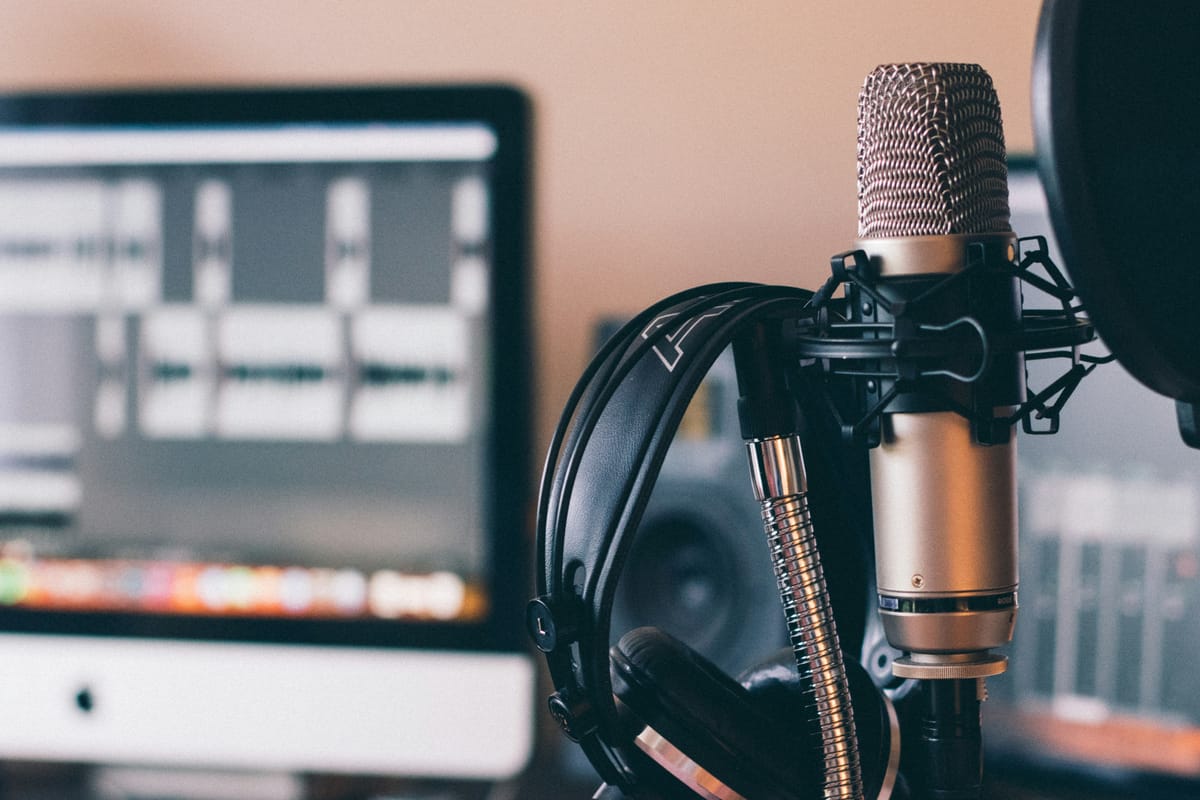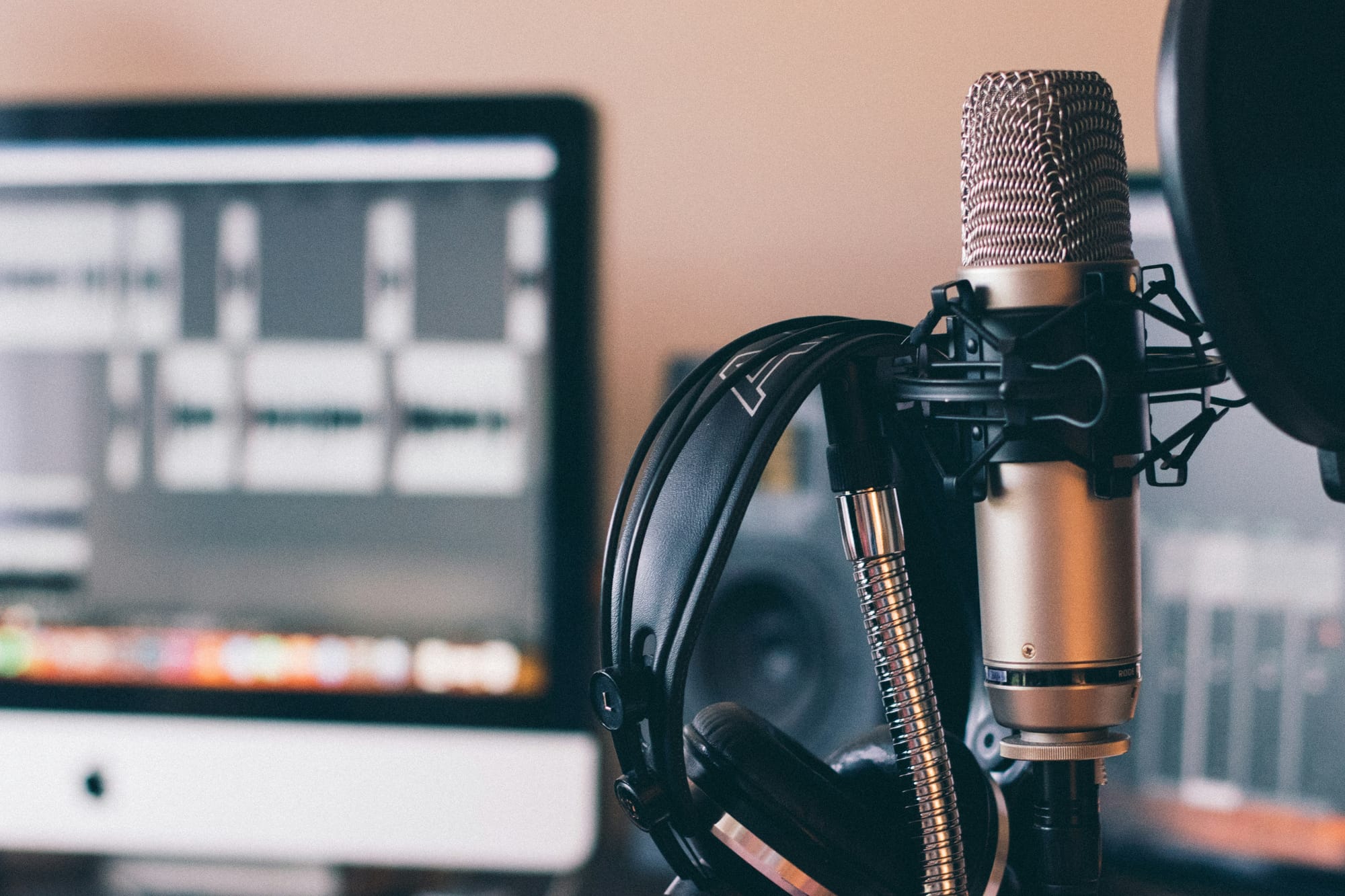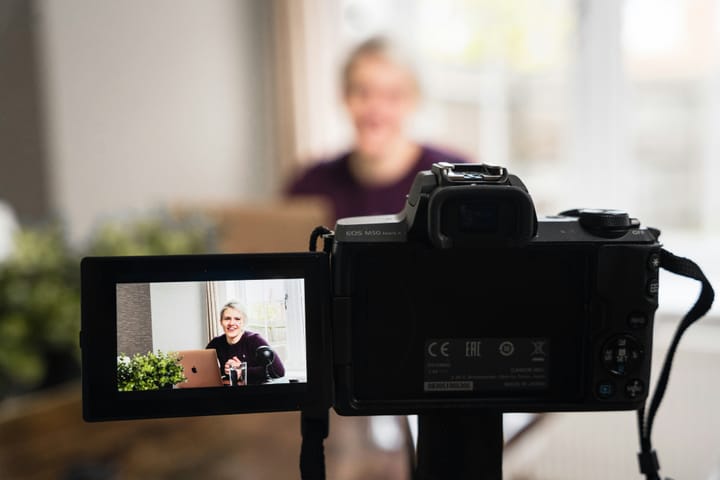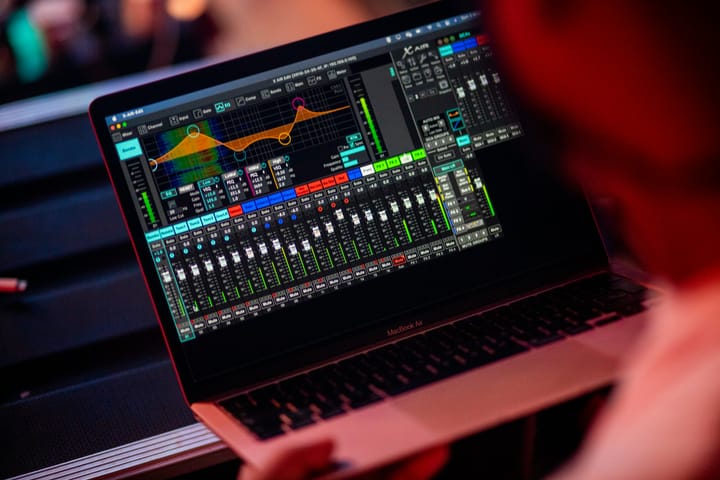Master Remote Podcast Recording Like a Pro: Unleash the Power of Distance
The realm of podcasting has expanded, with remote recordings becoming increasingly popular, especially given the global shift towards more flexible work environments.


Key Takeaways:
- Ensuring crystal-clear audio quality is paramount in remote podcast recording, setting the foundation for a professional sound.
- Communication and preparation with guests are key to a seamless remote recording experience.
- Tools such as SquadCast, Zencastr, and Audacity are essential for capturing high-quality remote interviews and managing your podcast episodes effectively.
The realm of podcasting has expanded, with remote recordings becoming increasingly popular, especially given the global shift towards more flexible work environments. An aspect of remote podcast recording is the opportunity it presents to connect with guests from anywhere in the world, broadening the scope and diversity of your podcast content.
Remote podcast Interview is a common and effective way to grow your audience, sharing each other’s audience in one content. There are ways to conduct this kind of podcast; livestream platform, video conference software, filming conversation through the camera.
Here are the three pro tips to master podcast recording:
1. Exceptional Quality Audio: A Non-Negotiable
Podcasting at a distance sounds easy and comfortable, but a pro podcaster must not sacrifice the quality of their audio. To achieve a successful remote podcast recording, exceptional audio quality is a priority. Even if you have an amazing conversation with your guest, if the audio doesn’t sound good, it will not give a good impression to your listeners.
Here are factors that you should consider before recording your podcast remotely with your guest:
- Microphone Quality - Your concern for audio quality extends not only to yourself but also to your guest. If you are using video conferencing to record everything, make sure to conduct an audio test with your guest. Internet connection issues might affect the quality of your audio, especially if the internet crashes; having a backup plan is essential.
Mobile phones can serve as an alternative for audio recording. However, if both parties have invested in good quality microphones, it would be best to advise them in advance to also record their audio.
- Space or Environment - Ensure that there is no background noise for both of you. Whatever happens in your environment might affect the audio and conversation while you are recording. A perfect place could be a studio or your own room.
- Headphones or Earphones- Having this tool will help you prevent audio feedback and allows you to monitor your audio.
2. Seamless Communication and Preparation
Keeping the conversation going is your job to make the guests feel comfortable so that you can gather as much engaging and valuable information as possible on your topic.
Before hitting the record button, ensure that you and your guest are on the same page regarding the podcast's structure, topics, and technical setup. A pre-recording checklist can be a game-changer in ensuring everything runs smoothly. Preparation is the key to a flawless remote recording session.
Here are some techniques to prepare before conducting the podcast:
I. Study your guest: Before researching about your topic, it is necessary that you know the background of your guest. This will give you a guide on how you will relate your topic or questions to his/her personal life and experiences.
II. Create your outline: A well-informed discussion will start from the outline or script of your topic. It is not enough to rely on what you know, researching will help you to be familiar with your topic and relevant to the flow of the conversation.
III. Prepare the Guest: Make sure that your guests join your podcast informed. Do not allow your guests to enter without knowing what’s going to happen, what the outline of the communication is.
3. Leverage Your Recording Tools
Now that everything is set, begin recording. “Remote recording is a necessity for many online business owners”, Melissa Guiller mentioned this in her tutorial for Squadcast. For remote recordings, traditional recording software might not suffice.
Here are the top three recording tools you can use for your podcast episode:
I. SquadCast: Offers high-quality audio recording, ensuring that your remote conversations sound as good as in-person interviews. It automatically transcribes the audio into text. SquadCast is an all-in-one tool you can use for recording your podcast episode.
For a tutorial on how to use SquadCast, click here.
II. Zencastr: Is another excellent option, providing an easy-to-use platform for recording high quality podcast episodes.
For a tutorial on how to use Zencastr, click here.
III. Post-recording editing, Audacity remains a top choice for podcasters at all levels. The right tools transform remote podcasting from a challenge into an opportunity. For editing your videos, Premiere Pro is a recommended tool for a more advanced editing. While for beginners, CapCut is a beginner-friendly approach for editing.
For a tutorial on how to use Audacity, click here.
FAQ
Q: How do I ensure my remote podcast recordings sound professional?
A: Invest in quality microphones for all participants, use dedicated recording software like SquadCast or Zencastr, and edit your episodes with tools like Audacity to enhance sound quality.
Q: Can I record a podcast remotely with multiple guests?
A: Absolutely! Platforms like SquadCast and Zencastr support multi-guest recordings, making it easy to manage group conversations remotely.
Q: What are some common challenges with remote podcast recording, and how can I overcome them?
A: Internet connectivity issues and sound lag are common challenges. Conducting a tech check before recording and using reliable, high-quality recording software can help mitigate these issues.
Mastering remote podcast recording opens up a world of possibilities for your show, allowing you to connect with guests from any location and bring diverse perspectives to your audience. By focusing on sound quality, preparation, and utilizing the right tools, you can ensure that your remote recordings rival the quality of in-studio productions. Remember, the essence of a captivating podcast lies not just in the content but in delivering a seamless and professional listening experience, regardless of where it's recorded.


